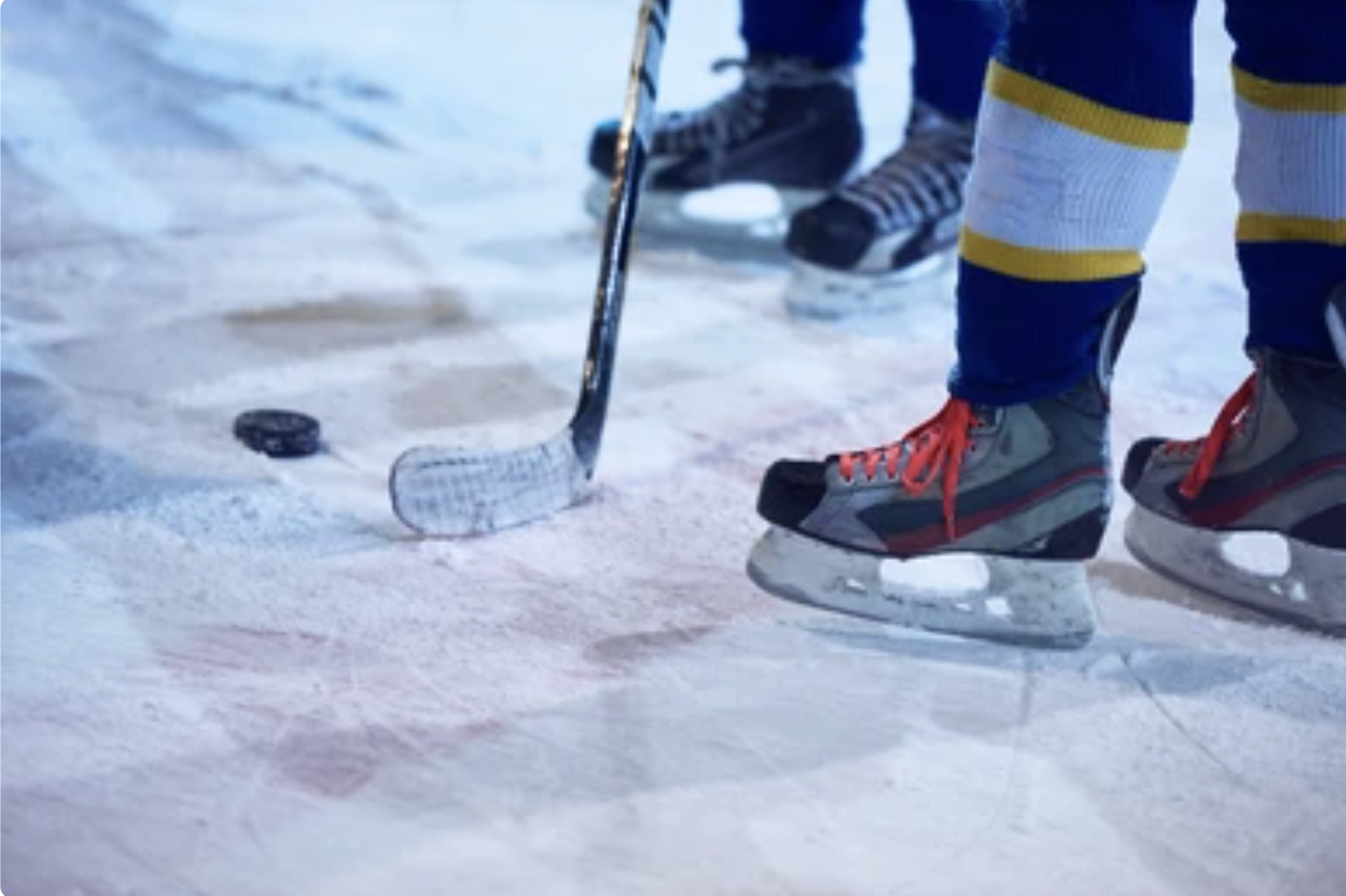Oct 31, 2025 in News Legal News
Legal News: Access to Justice: What the Major Junior Hockey Abuse Case Means for Victims

In a case that has drawn national attention to the toxic culture and alleged abuse within Canadian junior hockey, the Ontario Court of Appeal recently upheld the refusal to certify a proposed class-action lawsuit. While the ruling does not diminish the serious allegations of sexual and physical abuse, hazing, and racism brought by former players, it underscores the immense complexity of pursuing justice for systemic abuse through a single class proceeding.
For anyone who has suffered harm due to institutional negligence, this decision, known as the Carcillo v. Canadian Hockey League case, is a critical example of how courts balance the need for access to justice with the strict legal requirements of class action procedure.
Unpacking the Allegations: A Systemic Failure
The legal action was spearheaded by former NHL player Daniel Carcillo and other former major junior players, who put forward devastating evidence detailing decades of alleged systemic misconduct. The lawsuit sought to represent all former and current players who claimed to have suffered abuse while playing in the Canadian Hockey League (CHL) since May 1975.
The plaintiffs were seeking damages for serious personal injury, specifically, severe physical and psychological harm stemming from the alleged misconduct. The statement of claim alleged abusive treatment and misconduct causing physical and psychological harm.
Justice Paul Perell, in his original Superior Court ruling (which was upheld on appeal), described the alleged actions as "horrific and despicable and unquestionably criminal" and accepted the former players' evidence, calling the main plaintiffs "genuine heroes." The core legal claim rested on the leagues' and teams' alleged negligence in failing to protect minors and fostering a toxic culture of silence.
The Legal Hurdles: Why Certification Was Denied
The proposed class action was structured to hold the CHL, its three regional leagues (OHL, WHL, and QMJHL), and their 78 affiliated teams collectively liable for all instances of abuse. It was this massive, interconnected structure that ultimately proved fatal to the certification motion.
The Ontario Court of Appeal upheld the lower court's finding that the proposed class action was simply too broad and complex to be managed as a single lawsuit. As reported by the Canadian Broadcasting Corporation (CBC) following the September 2025 decision, the Court of Appeal ultimately agreed with the lower court's ruling that the case was of "an unprecedented scale and complexity."
The key obstacles were:
- Lack of Collective Liability: The court rejected the core legal theory that all 78 teams and leagues were automatically and jointly responsible for every act of abuse, regardless of which team the abuse occurred on. The judge noted that an injured player typically only has an individual cause of action against the specific team they played for and the corresponding regional league.
- Unprecedented Scope and Unmanageability: The sheer magnitude of the proposed class action, involving hundreds of potential third-party claims against the individual perpetrators, spanning multiple provinces and four different leagues, meant that the proceedings would be impossible to administer efficiently.
- The Need for Individualized Inquiry: The court found that litigating all these distinct claims in one proceeding would be "unmanageable," thus undermining the fundamental goals of the class action mechanism.
The Immediate Path Forward: Joinder Actions
The denial of certification is never the end of the road for personal injury lawyers or their clients. In fact, the court's decision explicitly directed the plaintiffs toward an alternate procedure: a system of "joinder actions."
This approach provides a more practical and feasible way for the abuse survivors to pursue their claims:
- Transitioning the Lawsuit: The court ordered that the massive class action be transitioned into up to 60 separate "opt-in" joinder actions.
- Focused Litigation: Each joinder action is tailored to a specific team. This allows former players from the same team to group their claims together against that specific team, the relevant regional league, and the CHL.
- Section 7 of the Class Proceedings Act: This provision allows the court to permit proceedings to continue in an alternate format when certification is denied, preventing the entire case from being dismissed outright. This legal mechanism is crucial in mass tort cases involving institutional negligence.
The Broader Implications for Canadian Personal Injury Law
The Carcillo case sets an important precedent far beyond the hockey rink. It clarifies the limits of the class action framework, particularly for complex institutional negligence claims spanning vast geographies and decades.
It serves as a lesson for victims of systemic harm, whether in amateur sports, religious organizations, or health care settings:
- Rethinking Mass Tort Strategy: When facing institutions across multiple provinces, lawyers may need to consider more targeted class actions or rely on joinder actions from the outset.
- The Importance of Medical Expertise: Just as a medical malpractice lawyer relies on specialists to prove negligence, abuse claims require detailed psychological and physical evidence.
- Vigilance Against Institutional Negligence: Legal battles against large organizations are complex and require experienced legal representation.
The court accepted the horrific evidence of abuse. The decision to deny certification was procedural, not a ruling on the merits. The door to justice remains open.
According to Neinstein Personal Injury Lawyers, this change represents more than a routine insurance update—it’s a pivotal development in personal injury law. Without timely action, many accident victims could be left with limited protection and may have to turn to the tort system to secure compensation that was once guaranteed.
For all civil matters, the urgency of action is critical. You must understand the personal injury claim deadlines in Ontario, which include the two-year limitation period under the Ontario Limitations Act, 2002. If you or a loved one has suffered abuse due to institutional failure, contact an experienced personal injury lawyer in Toronto to discuss your claim.
Category Selector
Select a category relevant to you.
- Social Host Liability
- Tort
- Spinal Injury
- Road Safety
- Slip and Fall Claims
- Snowmobile Accident
- Product Liability
- Rail Accidents
- Recalls
- News
- Nursing Home Negligence
- Personal Injury
- Physical and Psychological Injuries
- Negligent Supervision
- Neinstein in the Community
- Medical Malpractice
- Motorcycle Accidents
- Long Term Disability
- Chronic Pain
- COVID-19
- Dog Bites Claims
- Events
- General
- Homeowner Liability
- JUUL & Vaping
- JUUL Vaping Lawsuit
- Lawyer Profile
- Legal News
- Legal Representation
- Liability
- Long-term Care
- Blogs
- Boating Accident
- Brain Injury
- Car Accident
- Accident Benefits Claims
- Auto Insurance
- Bicycle Accidents
- Water Accidents
- Wrongful Death
- In the Community
Area of Expertise
Accident benefit dispute
Accident benefits, or "no-fault" benefits, are available to anyone involved in a car accident, regardless of who is responsible. At Neinstein LLP, we can help advance your accident benefit claim while providing you and your family with the guidance and resources necessary to focus on your recovery. Our accident benefits lawyers based in the Toronto region will act as your advocate and trusted advisor in all matters related to personal injury litigation.
More Posts Legal SupportBook A Free Consultation
We will not charge you unless your case is successful.
At Neinstein we have been advocating for injured victims for over 55 years. Our committed and compassionate team will do everything necessary to help you and your family find solutions to the new challenges that arise from serious injuries.
Our team will ensure you access the proper healthcare support to aid in your recovery. While you focus on your rehabilitation, we will thoroughly investigate your case and guide you through the litigation process so we can achieve the maximum compensation that you deserve.

